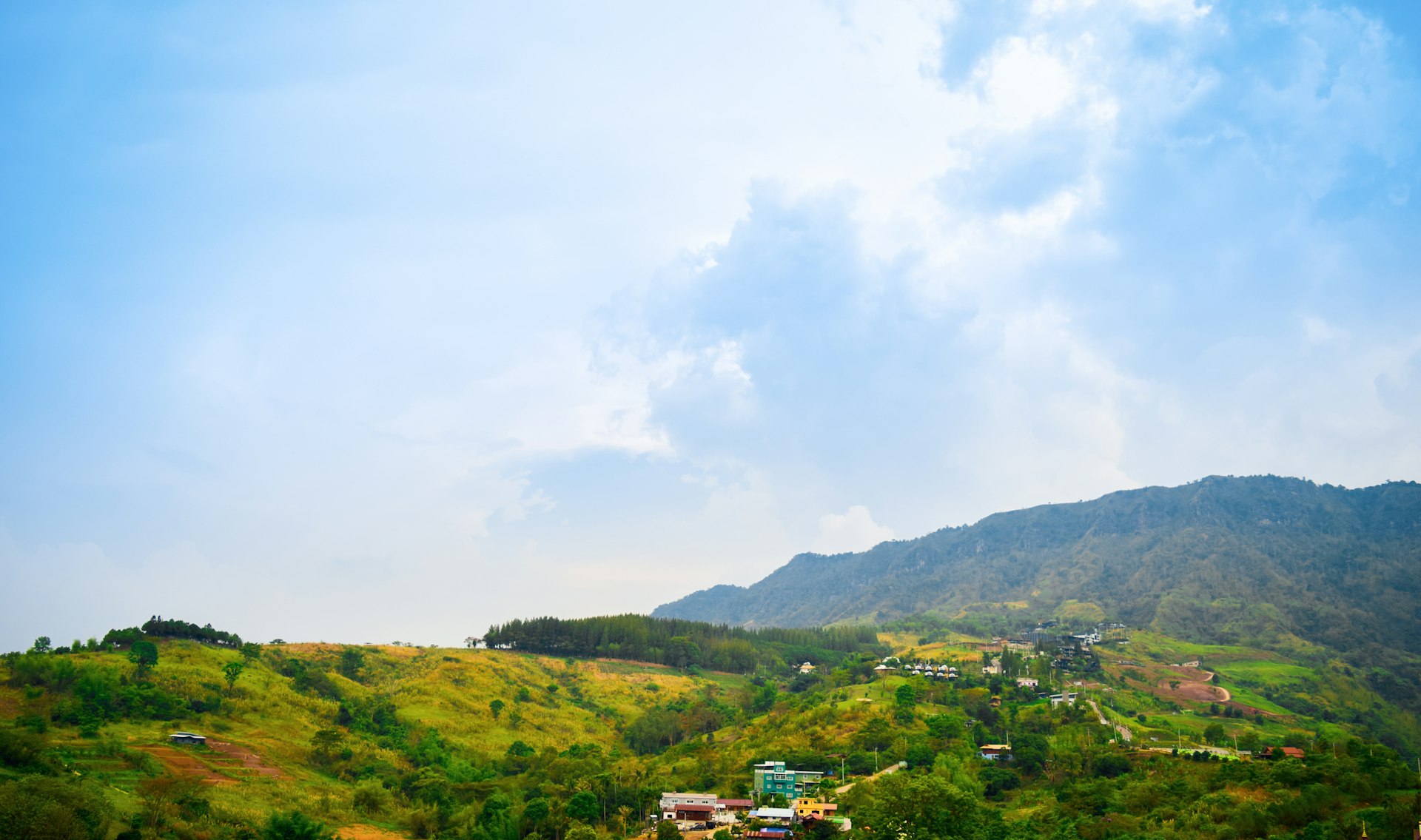How to Travel Responsibly in Indigenous Communities: A Practical Guide

Photo by Asso Myron on Unsplash
Introduction
Traveling to Indigenous communities offers a unique opportunity for cultural exchange, education, and personal growth. However, it also carries the responsibility of ensuring your presence is positive, respectful, and aligned with the needs and wishes of the host community. Responsible travel in Indigenous communities means supporting sustainable economic development, honoring traditions, and minimizing environmental and social impact. This guide provides actionable steps, real-world examples, and expert recommendations to help you become a conscientious traveler.

Photo by Deb Dowd on Unsplash
Understanding Responsible Travel in Indigenous Contexts
Responsible travel involves making choices that respect the rights, culture, and well-being of Indigenous peoples. It requires recognizing the historical impacts of colonization and tourism, and striving to create interactions that benefit all parties. Many leading travel organizations and Indigenous tourism bodies-such as the World Indigenous Tourism Alliance and Aboriginal Tourism Association of Canada-have established guidelines to ensure visitors support rather than exploit local communities [2] . These guidelines emphasize meaningful consent, community-led experiences, and support for Indigenous rights and economic self-determination.
Preparing for Your Visit: Research and Cultural Awareness
Before visiting any Indigenous community, invest time in learning about their history, culture, and local customs. Preparation demonstrates respect and helps avoid misunderstandings. Sources such as travel guides focused on Indigenous tourism (for example, those provided by Indigenous Tourism BC) offer valuable background and specific cultural protocols [5] . You may also find community websites or tourism boards with visitor guidelines.
If possible, reach out to community-run visitor centers or Indigenous tour operators to ask about appropriate behavior, required permissions, and any restrictions on photography, participation in ceremonies, or access to sacred sites. Remember, some activities or areas may be off-limits to outsiders for cultural or spiritual reasons, and it is crucial to honor these boundaries [4] .
Choosing Responsible Tour Operators and Experiences
Your choice of tour operator has a major impact on the integrity and benefits of your visit. Look for Indigenous-owned businesses or operators who work in close partnership with local communities and adhere to recognized ethical standards [1] . Authentic operators are transparent about where your money goes, how it supports community projects, and what steps they take to protect cultural heritage.
For example, Visit Natives specializes in sustainable Indigenous tourism in Tanzania and Norway and works directly with communities to design immersive, respectful experiences [1] . Similarly, major travel companies like G Adventures have implemented global guidelines for respectful Indigenous travel and offer experiences developed in collaboration with community leaders [2] . Before booking, ask operators about their policies on consent, benefit-sharing, and environmental stewardship.
If you are unsure about the legitimacy of an operator, look for memberships in recognized industry groups or endorsements from Indigenous tourism associations. When in doubt, contact the official Indigenous tourism organization for the region you plan to visit and ask for recommendations.
Engagement and Conduct: Ethics in Practice
Once in the community, practice culturally sensitive behavior at all times. Always ask for permission before taking photos or videos, and never assume that participation in cultural activities is automatically allowed [1] . If you are a professional photographer or influencer, obtain written consent and ensure your hosts understand how their images or stories may be used.
Avoid giving gifts, money, or food directly to individuals without consulting your host or guide, as this can disrupt community dynamics or create dependency [1] . Instead, ask how to contribute meaningfully-many communities welcome donations to collective projects, education funds, or local initiatives.
Respect all local rules regarding participation in ceremonies, dress codes, and access to sacred or private spaces. If unsure, politely ask for guidance. Remember, what may seem like a minor infraction can be deeply disrespectful within the local context.
Environmental Stewardship and Sustainable Practices
Many Indigenous communities rely directly on the environment for their livelihoods. As a visitor, your actions can have significant impact. Always follow guidelines on waste disposal, recycling, and use of eco-friendly products. For example, use natural sunscreens and insect repellents to avoid polluting waterways, and never leave trash behind [1] .
Stick to marked trails, avoid disturbing wildlife, and do not pick plants or remove natural objects. In protected areas, strictly follow the rules set by park rangers or guides. Avoid supporting any trade in endangered species or illegal souvenirs [4] . If camping or staying overnight, use only designated sites and minimize your ecological footprint.
Supporting Local Economies and Empowerment
Responsible travel is also about ensuring that economic benefits flow directly to Indigenous communities. This can be achieved by purchasing crafts, food, and services from local artisans or co-ops, staying in Indigenous-owned accommodations, and booking community-run tours [3] . Ask operators or hosts about where your money goes and how it supports local development.
For example, in New Zealand, Maori-led tourism experiences are designed to educate visitors while preserving traditions and generating income for local families. In Australia, the return of land to Aboriginal communities has enabled them to develop tourism businesses that tell their own stories and sustain cultural practices [3] .
Challenges and Solutions
Travelers may encounter challenges such as language barriers, differing expectations, or logistical difficulties. Patience, humility, and flexibility are key. Be prepared for changes in plans or limited amenities, as many communities prioritize conservation and may not offer the same infrastructure as mass-market destinations. If you are unsure about etiquette or appropriate behavior, ask your host or guide for advice.
If you wish to support a community after your visit, consider spreading the word about their offerings, returning as a respectful guest, or contributing to verified local initiatives. Always ensure your actions empower rather than exploit.
How to Find and Book Responsible Indigenous Travel Experiences
To find responsible travel opportunities, start with official Indigenous tourism organizations or government-supported visitor bureaus. Use search terms such as “Indigenous tourism [destination]”, “community-based tourism”, or “ethical Indigenous travel”. Look for businesses that are Indigenous-owned or endorsed by recognized bodies, and read traveler reviews for authenticity and impact.
If booking through a travel agent, ask for Indigenous-led experiences and inquire about the operator’s policies on consent, benefit-sharing, and environmental protection. For additional guidance, you may contact regional or national Indigenous tourism boards by searching online or reaching out to their official offices.
Key Takeaways
Responsible travel in Indigenous communities is about more than experiencing a new culture-it’s about building relationships based on respect, reciprocity, and shared benefit. By preparing thoughtfully, choosing ethical partners, and conducting yourself with humility, you can help ensure your presence is positive and empowering for your hosts. Every responsible traveler contributes to a more equitable and sustainable future for Indigenous tourism worldwide.
References
- [1] Travel Massive (2022). Respectful Indigenous Tourism – How to Plan an Ethical Experience.
- [2] G Adventures (2022). Responsible Travel with Indigenous People Guidelines.
- [3] TravelAge West (2022). Indigenous Travel: How to Book Respectful, Responsible Experiences.
- [4] Responsible Travel SA (2023). Best Practices for Activities and Excursions.
- [5] Indigenous Tourism BC (2023). Travel Responsibly.



